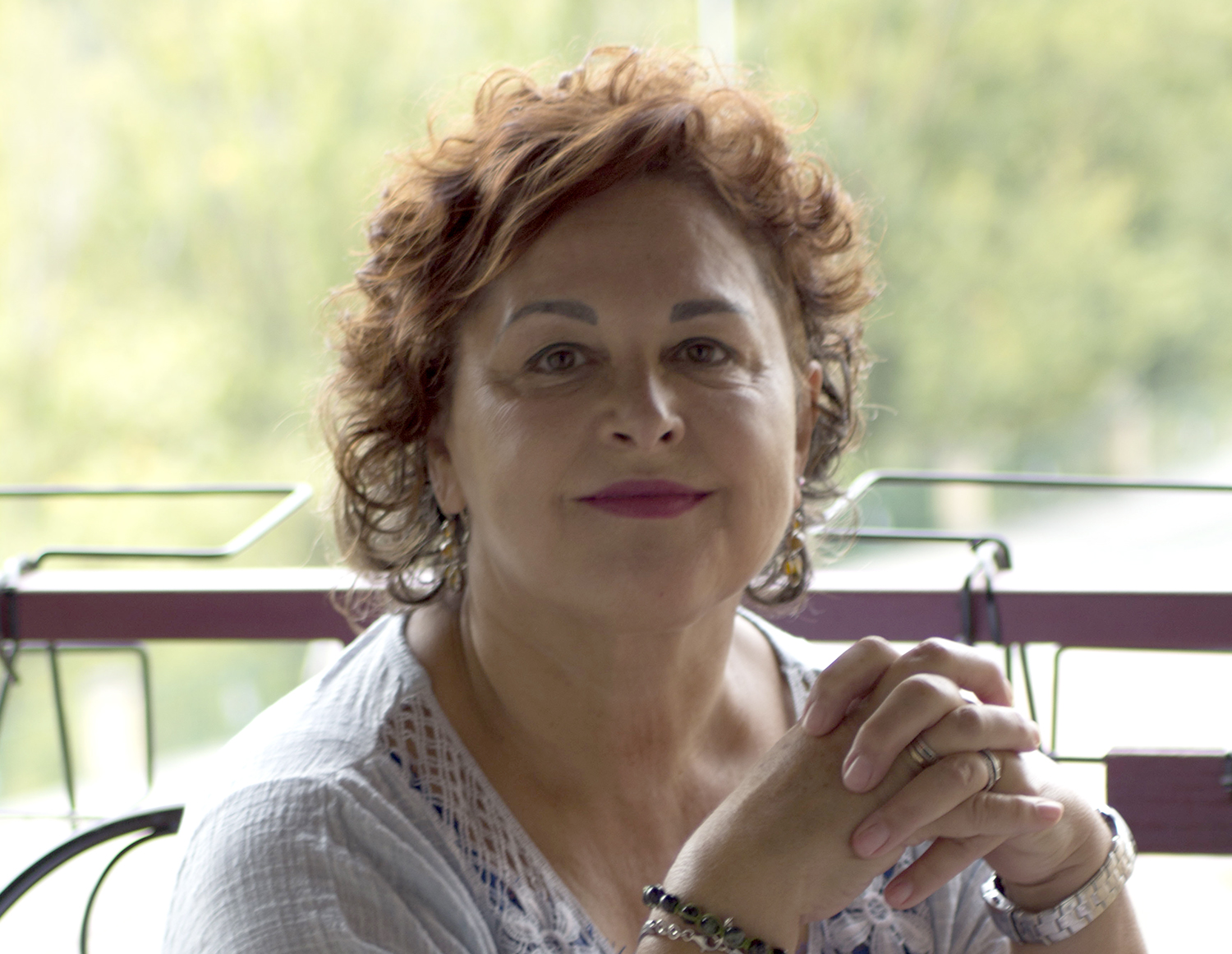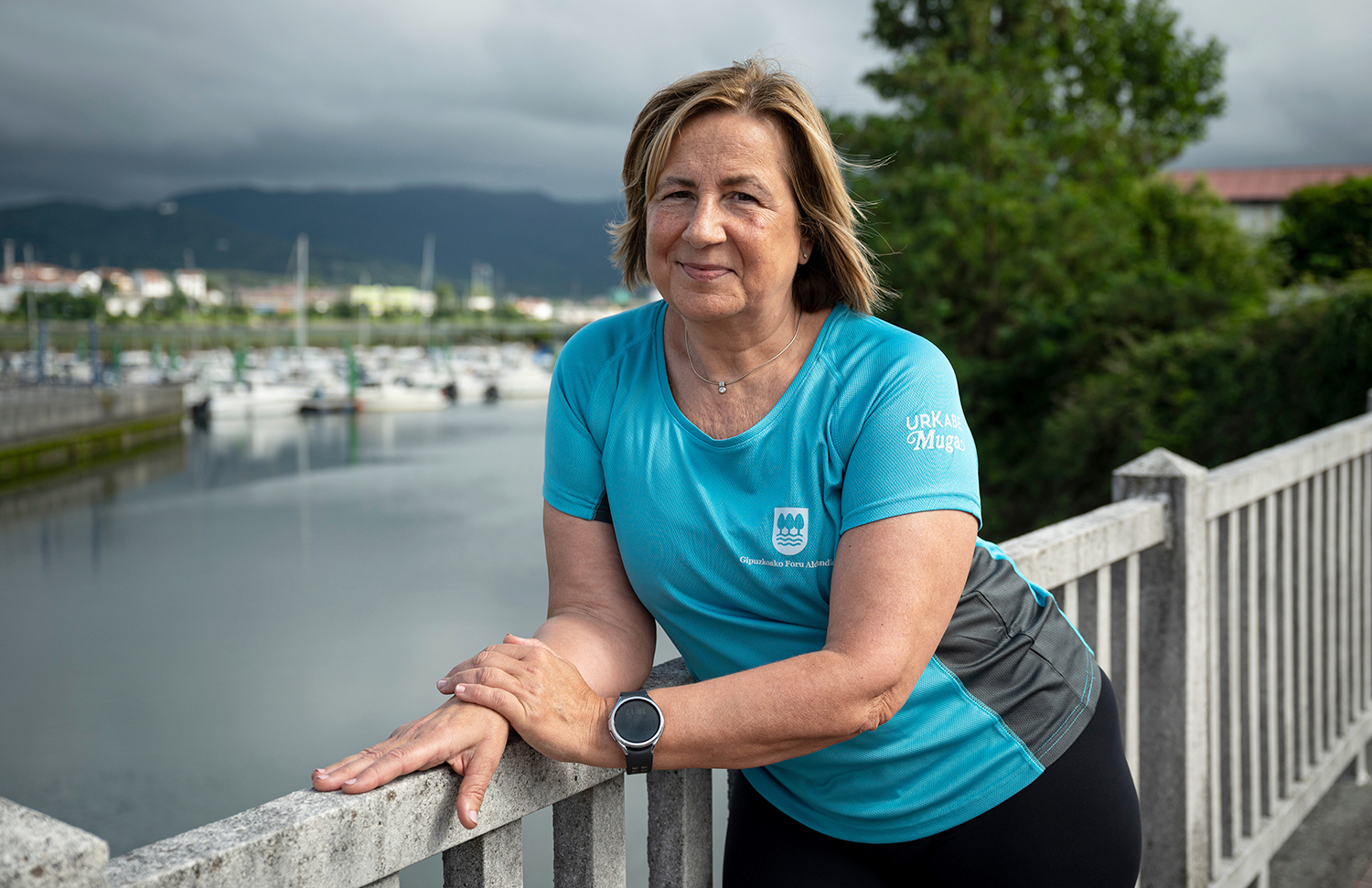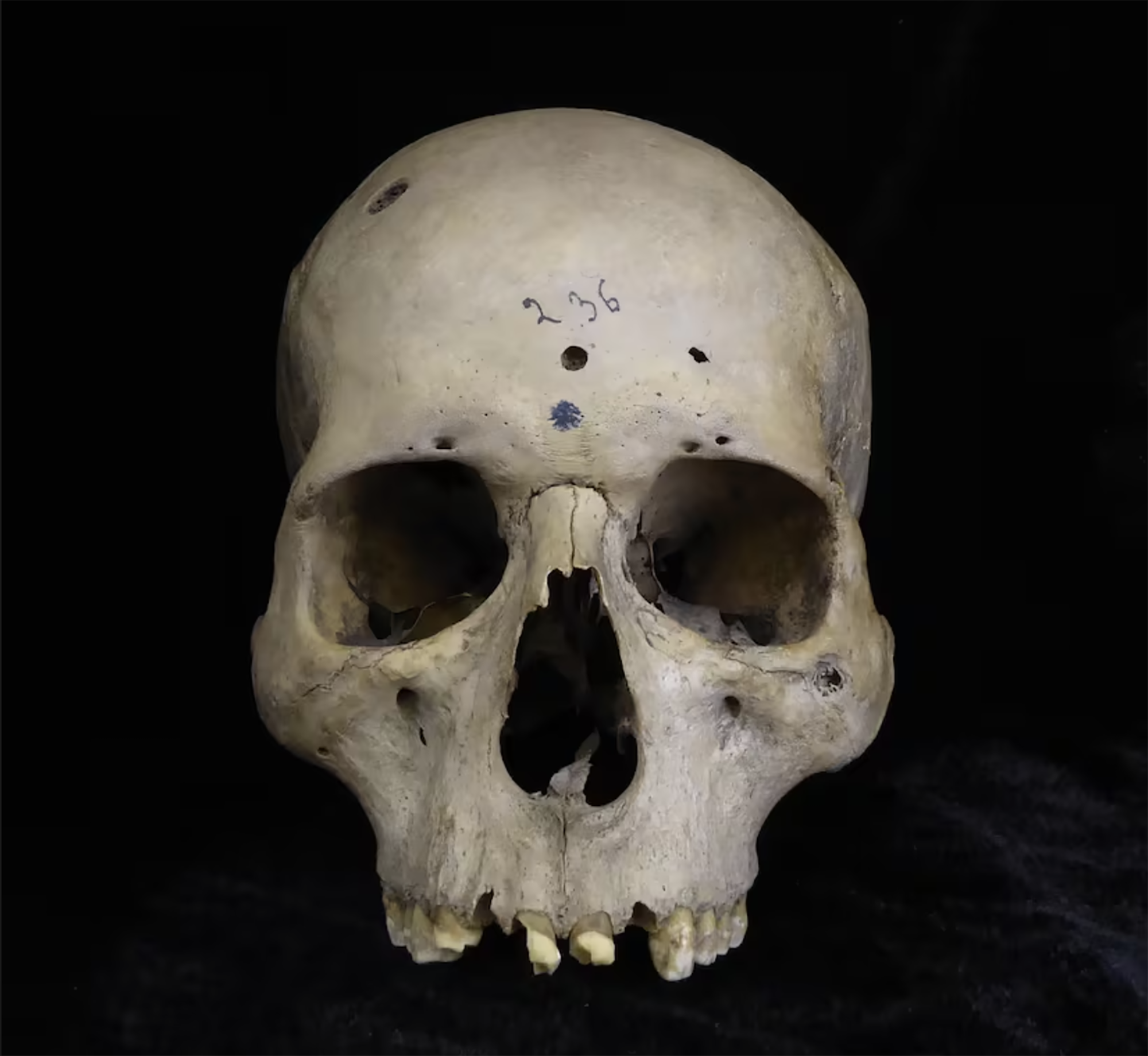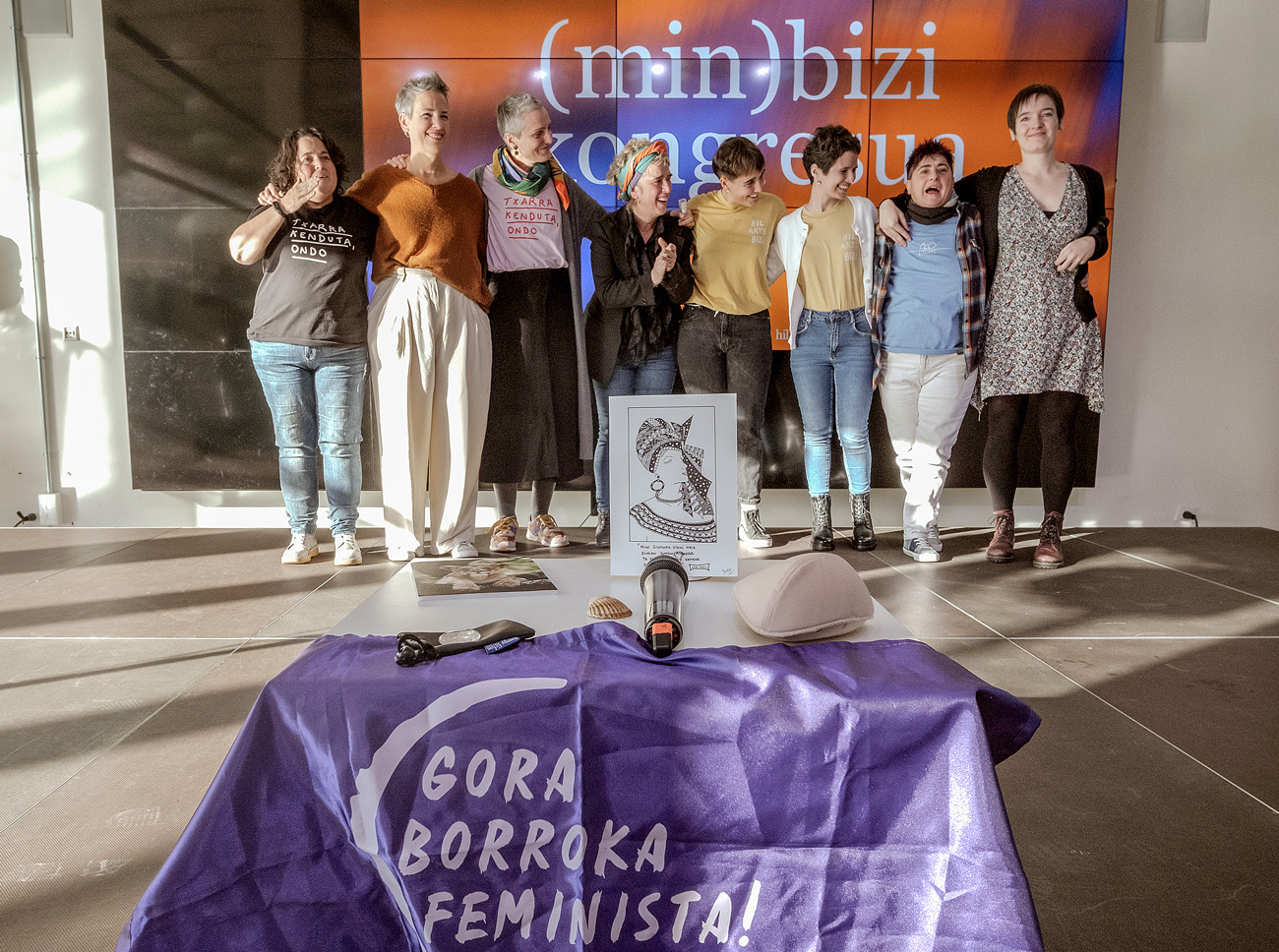For women it is more difficult to prevent, detect on time and be well attended
- The gender gap directly affects the chances of avoiding cancer risk factors for women and hinders proper diagnosis and quality care. This is the conclusion reached by a committee created by The Lancet to discuss the issue. “Women, power, and cancer: This study was included in the report “A Lancet Commision”.

In most countries of the world, cancer is one of the three leading causes of premature death among women. A study published in conjunction with the Lancet Commission report reveals that in 2020 2.3 million women under 70 years of age died from cancer, of whom 1.5 million were preventable, eliminating risk factors or with early diagnosis. And another 800,000 deaths could be prevented if they had received optimal care.
Furthermore, the Committee clarifies that while the focus is on “female cancers” (such as breast or uterine cancers), two of the three leading causes of cancer mortality in women under 70 are lung and colon and rectum cancers.
In this context, the report shows that gender inequality in society means that women have more opportunities than men to be exposed to risk factors and, on the contrary, fewer opportunities to access the necessary health information and quality health services and the economic challenges related to cancer.
On the other hand, in addition to its incidence in patients, other consequences of gender inequality have also been highlighted, such as the fact that women are mainly dedicated to the unpaid care of cancer patients, or that most of the leaders involved in research and policies on cancer are men.
Thus, the committee has called for the need to consider cancer as a priority in women's health and the need to incorporate a feminist perspective in cancer policies and guidelines to take into account the needs of all women, whether patients, caregivers or researchers.
Two years ago, the Catalan archaeologist Edgard Camarós, two human skulls and Cancer? He found a motif card inside a cardboard box at Cambridge University. Skulls were coming from Giga, from Egypt, and he recently published in the journal Frontiers in Medicine, his team has... [+]
















